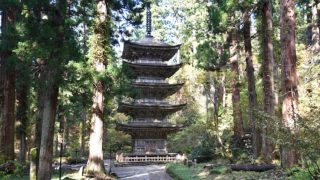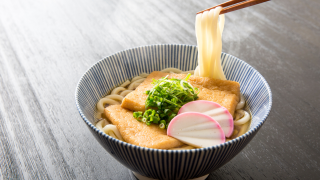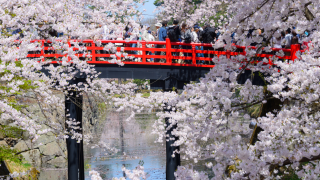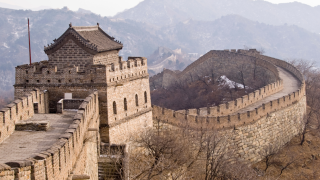 CONTENT
CONTENT Ashikaga Flower Park (Tochigi) – Step into the Enchanting Wisteria Scenery Loved by Demon Slayer Fans
With the arrival of spring, wisteria blooms in full glory. Ashikaga Flower Park, famous for its beauty, is also admired as a symbolic location linked to Demon Slayer. Its dreamlike scenery captivates the hearts of all who visit.









